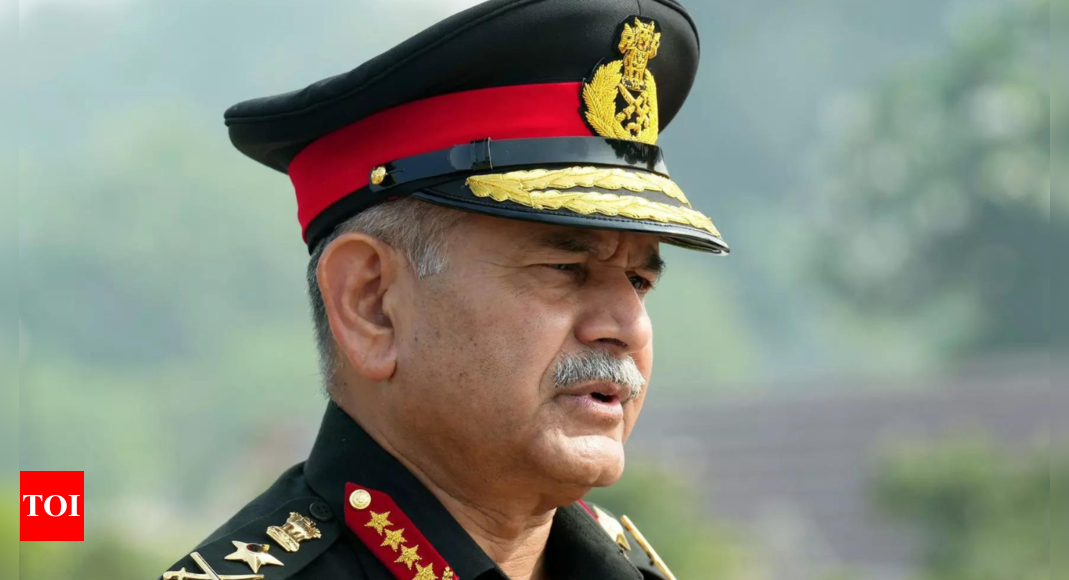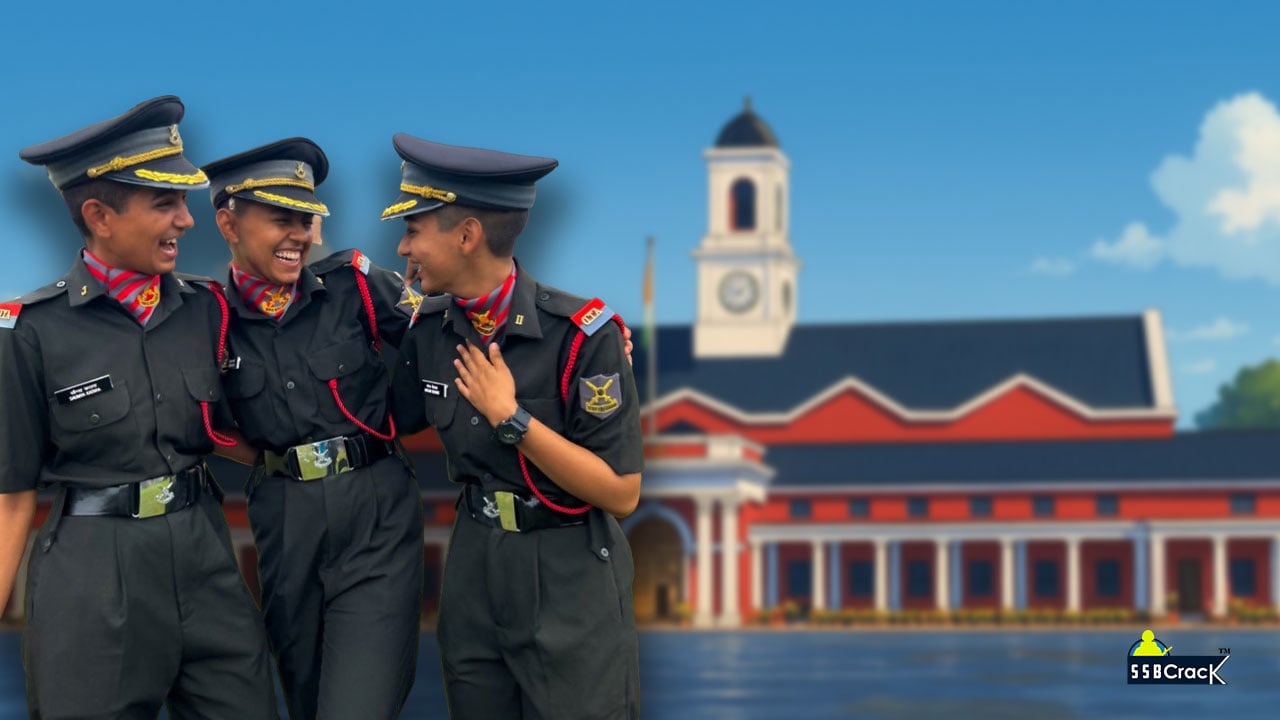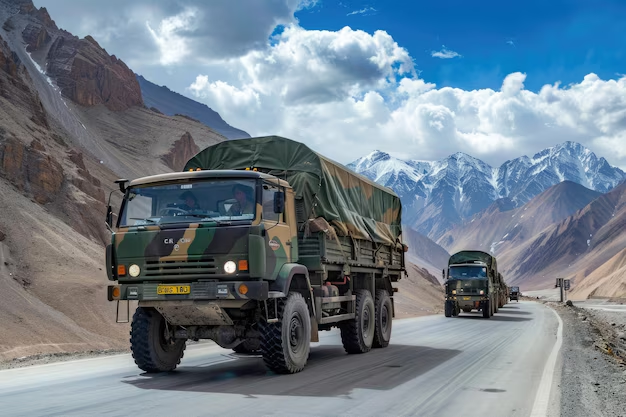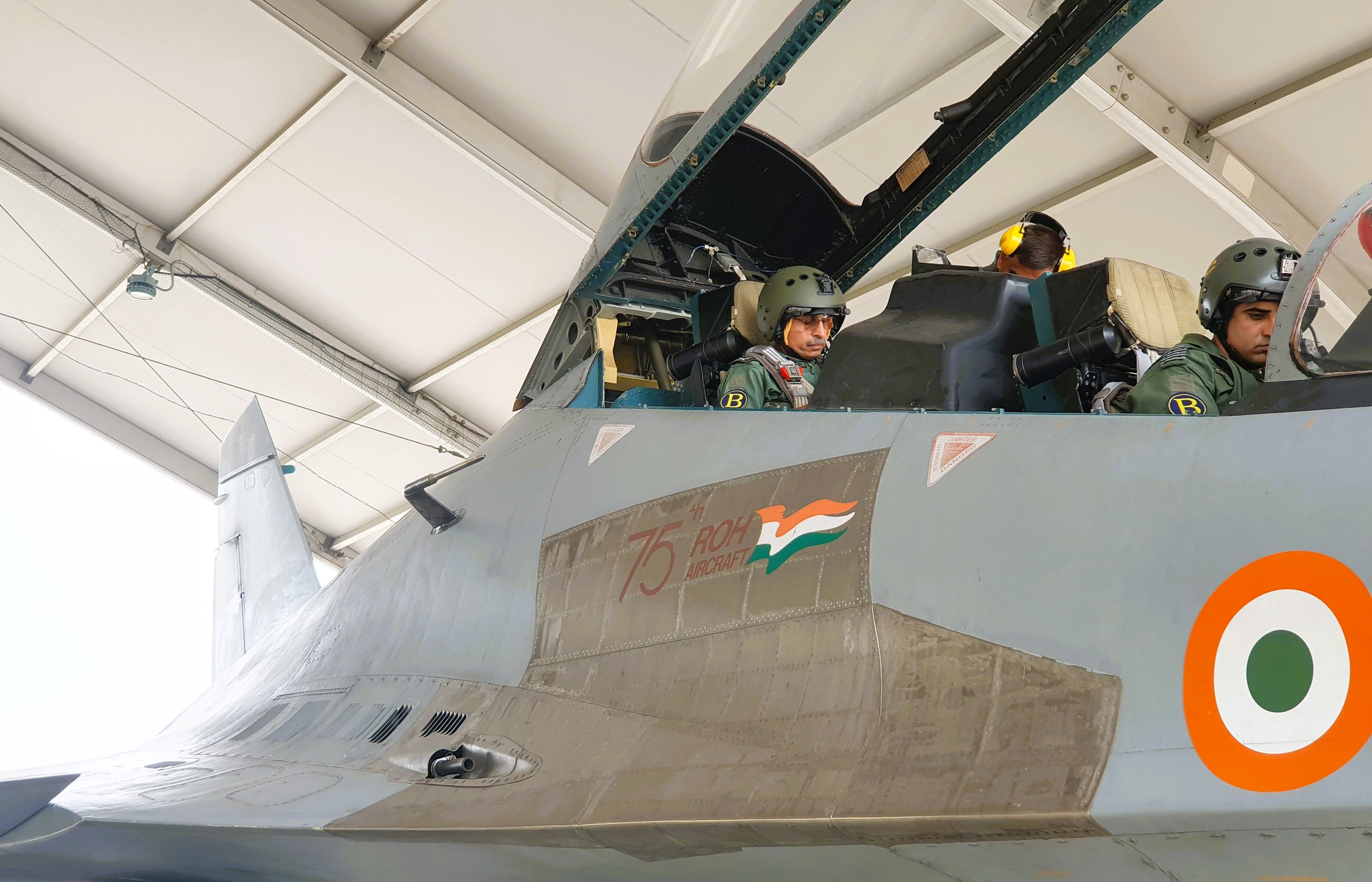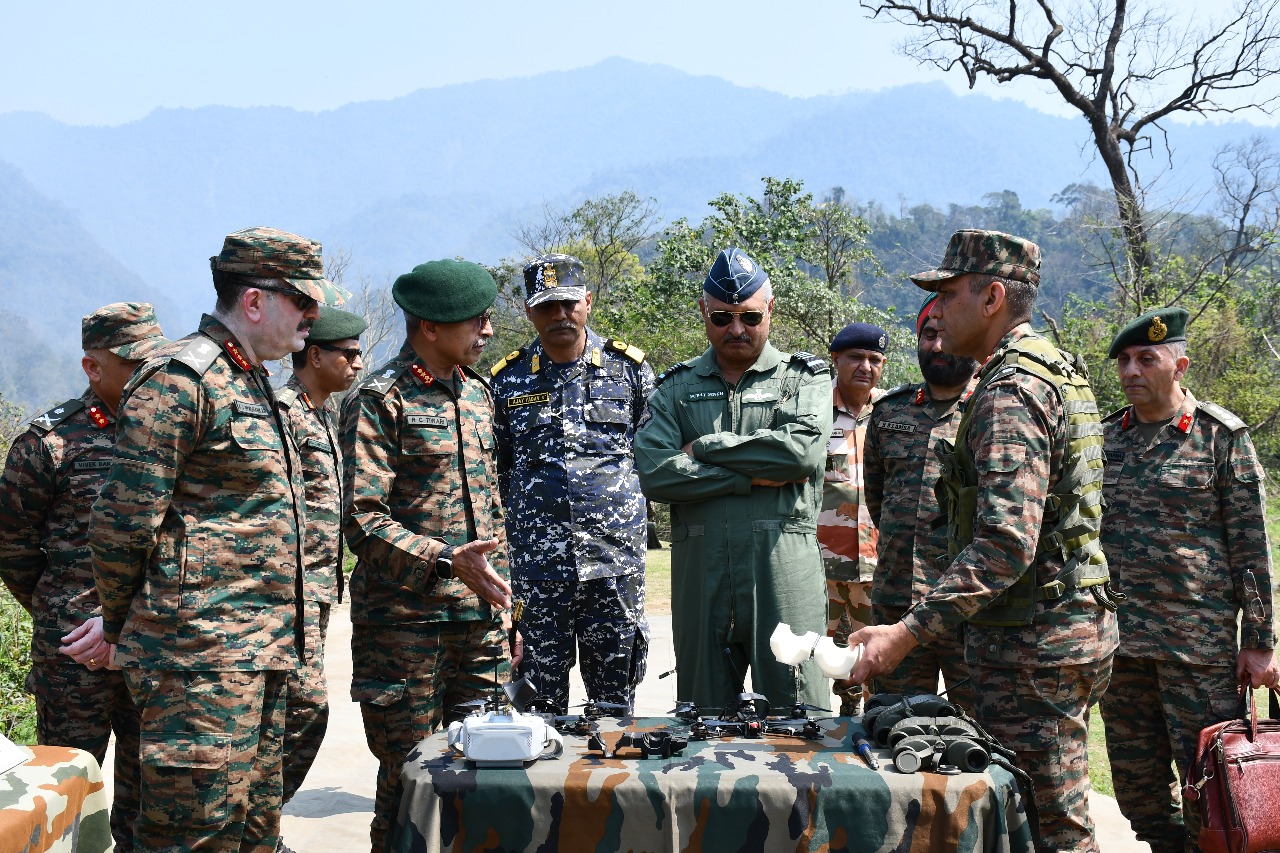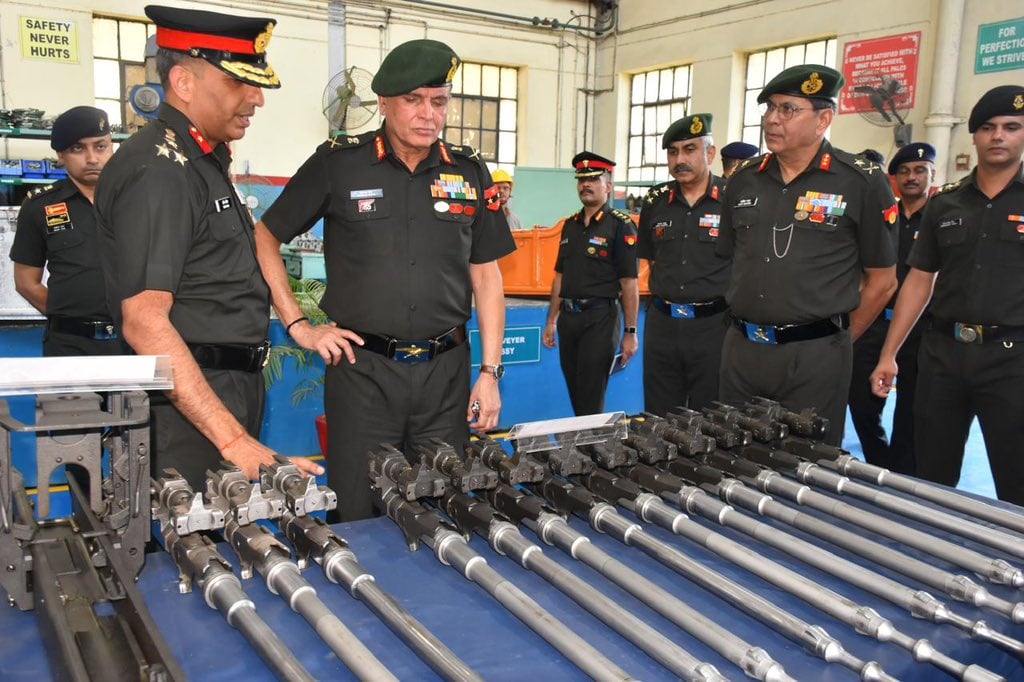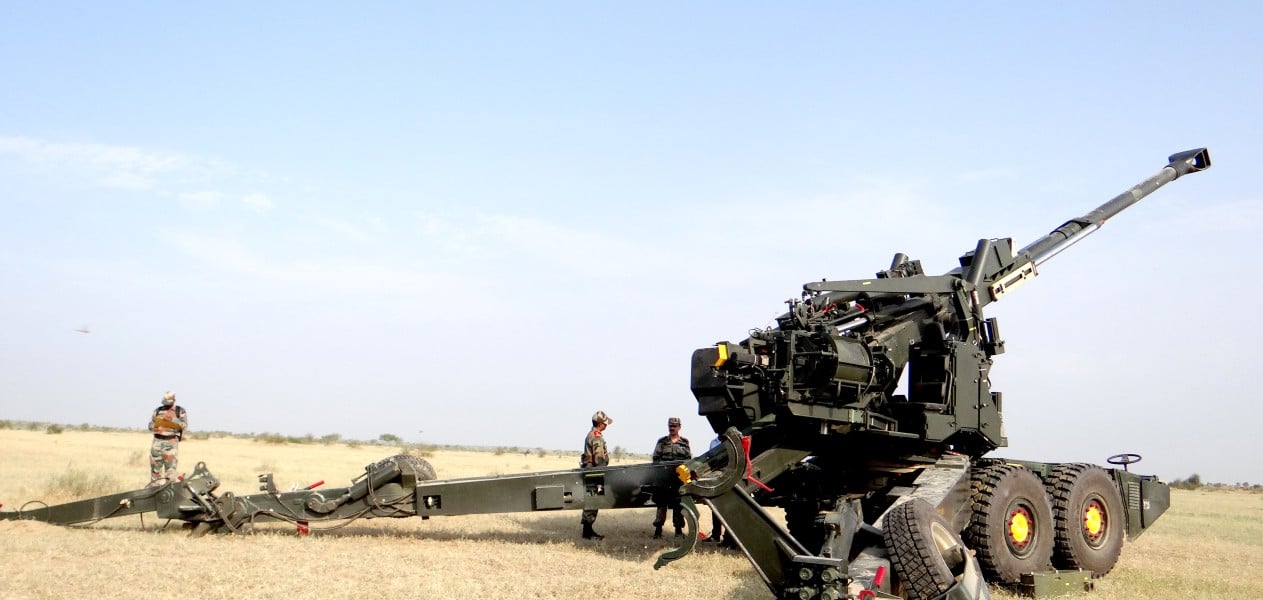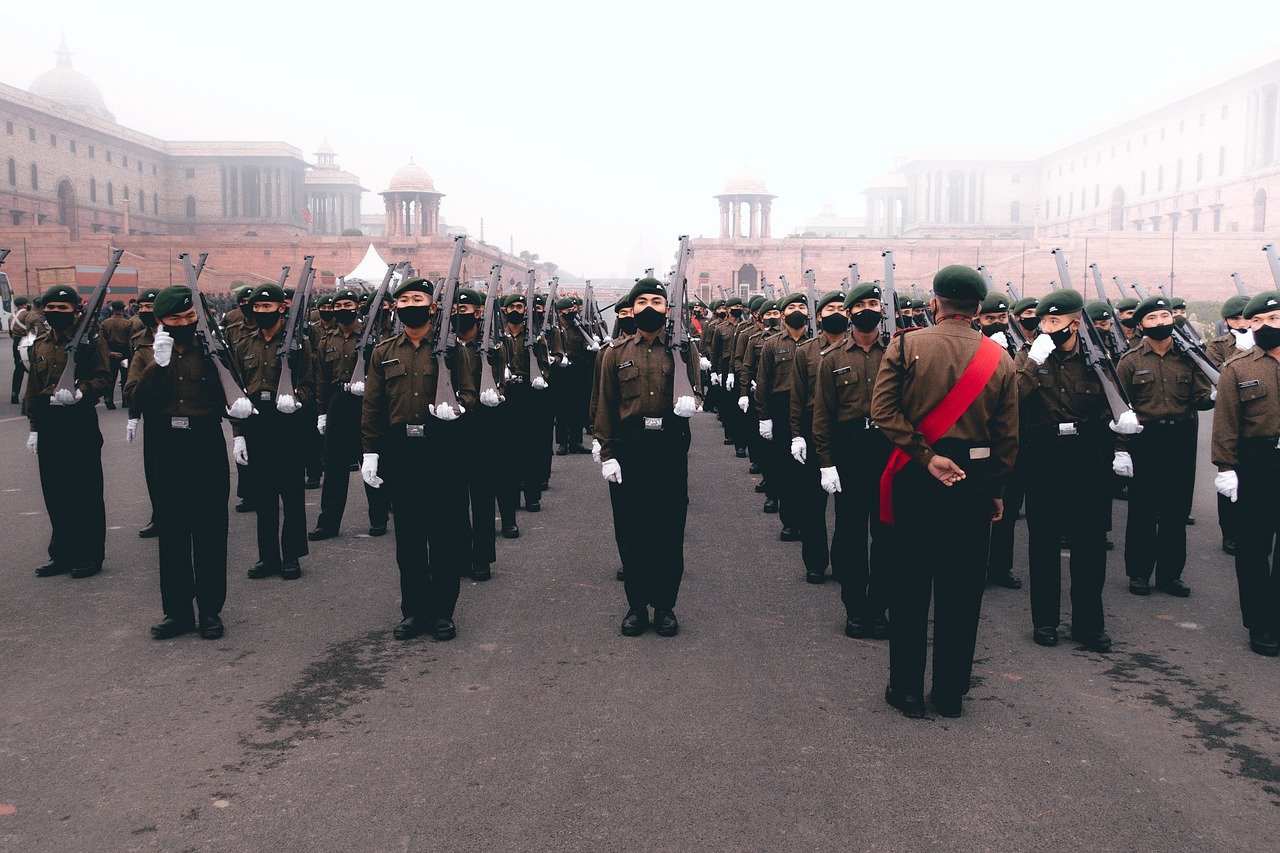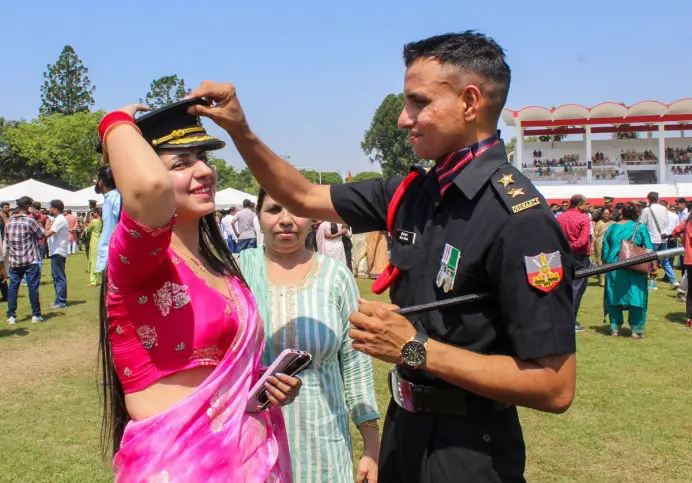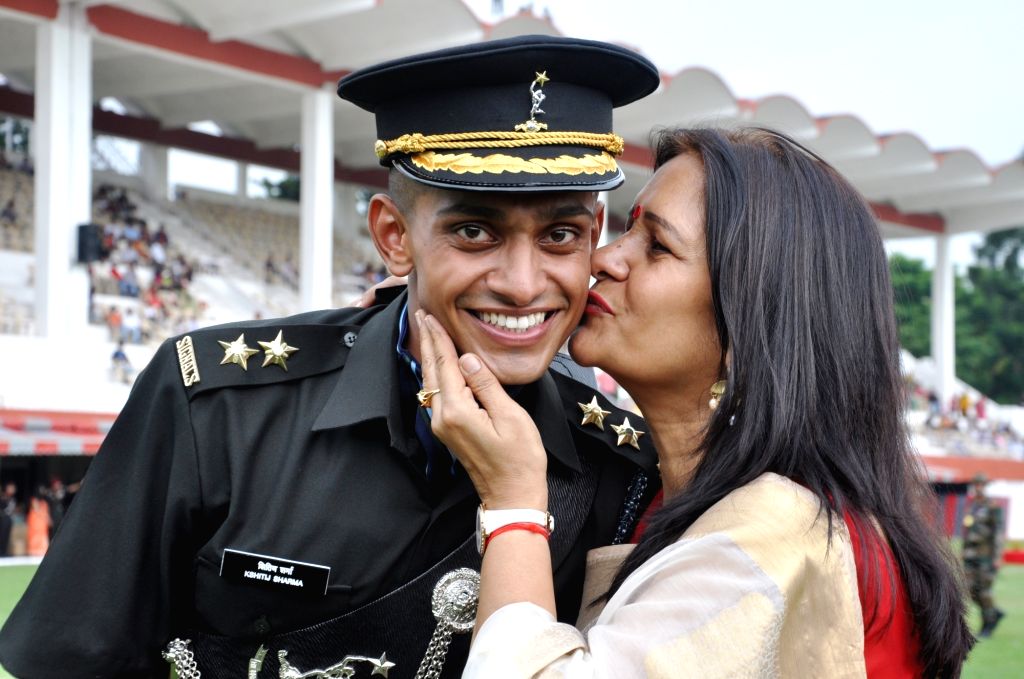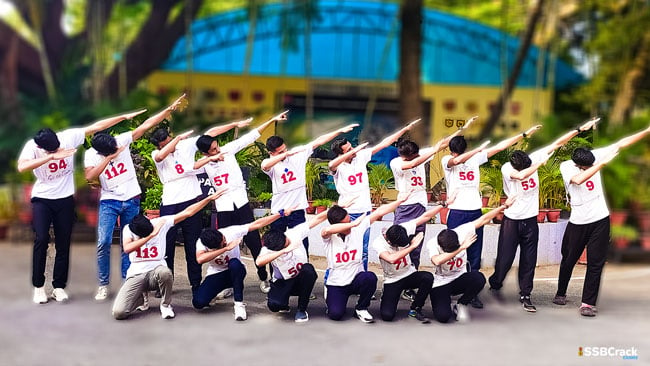General Upendra Dwivedi, the Army chief of India, is scheduled for a four-day official visit to Nepal this week, aimed at strengthening the deep-rooted military ties between the two nations. This relationship has recently faced challenges, particularly after Nepal’s decision to halt the recruitment of its youth into the Indian Armed Forces under the Agnipath scheme. This initiative has been viewed with skepticism, especially with China’s growing influence and strategic reach in the region.
During his visit, General Dwivedi plans to enhance the long-standing military collaboration between India and Nepal, which encompasses various aspects such as joint combat exercises, training programs, modernization efforts, and capacity-building initiatives. Notably, this year alone has seen the training of over 300 personnel from the Nepal Army within Indian military establishments. Furthermore, India has been assisting Nepal in military modernization efforts, supplying crucial hardware and software, including small arms, vehicles, and advanced training simulators.
One significant event on General Dwivedi’s agenda includes the upcoming 18th edition of the Surya Kiran joint military exercise, set to take place in Nepal next month. The scope and complexity of this exercise will be expanded to improve interoperability and synergy between the two armies, showcasing the intent to deepen defense cooperation despite existing tensions.
Adding to the significance of his visit, General Dwivedi will be honored with the prestigious honorary rank of General of the Nepal Army, a recognition in line with a longstanding tradition reflecting the close military ties between the two countries. However, a crucial issue that looms over the discussions remains the Agnipath scheme, which has been a point of contention. The scheme offers a four-year recruitment period for soldiers without pension or other benefits, a change perceived as unfavorable by many in Nepal.
Concerns have been raised about the implications of not recruiting Nepali Gorkhas into the Indian Army, particularly in light of the COVID-19 pandemic, which has disrupted recruitment for the past five years. A senior military officer noted that this situation does not bode well for bilateral relations, emphasizing the need for both governments to reach an acceptable resolution.
This visit comes at a critical juncture, as Nepal has been increasingly leaning towards China, further illustrated by Prime Minister K P Sharma Oli’s planned trip to China next month, marking a departure from the long-standing practice of prioritizing India in foreign visits. The historical context of the recruitment of Gorkhas by the Indian Army dates back to 1947, based on a Tripartite Agreement with Nepal and the UK, and currently, around 30,000 Nepali citizens serve in the Indian Army. The evolving dynamics indicate a need for careful diplomatic engagement to address mutual concerns while maintaining strong military cooperation.

